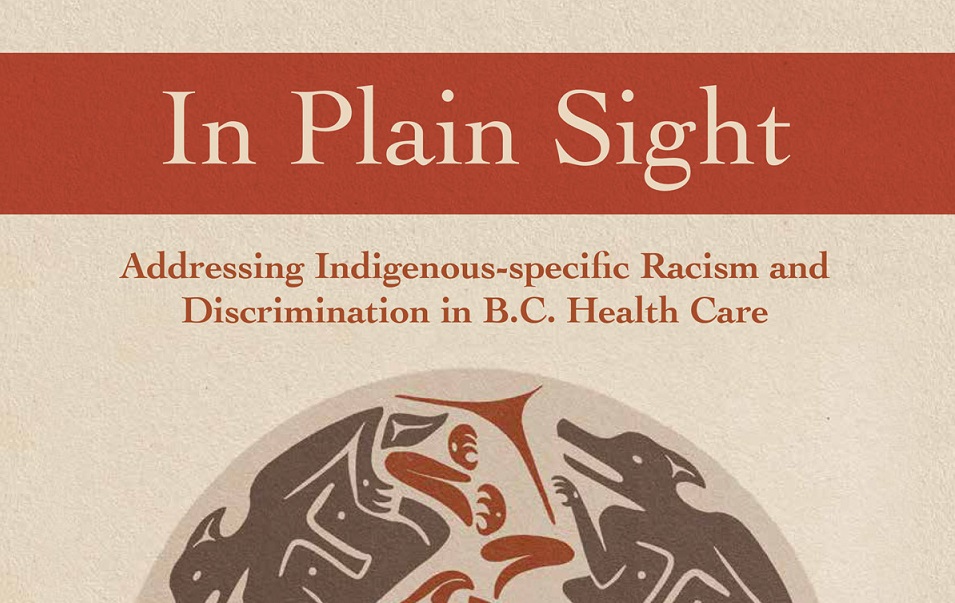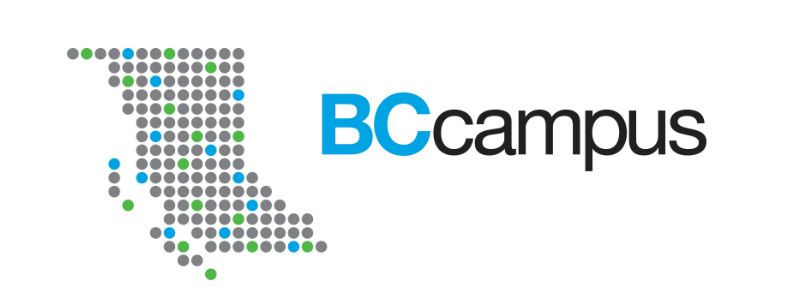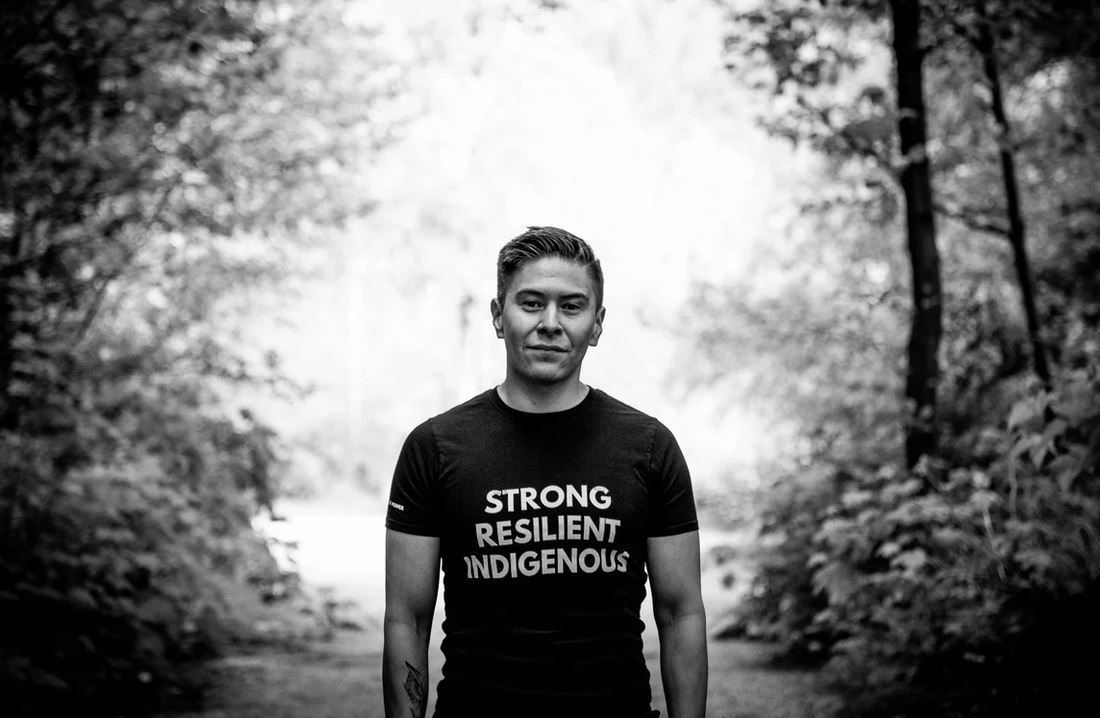I find this idea of a training program that enables Indigenous and non-Indigenous kids to connect with and learn from elders about cultural knowledge, history and language, while learning digital skills in technologies like augmented reality, animation and coding to be fascinating. I see this as a potential to not only teach children valuable digital skills while simultaneously learning from elders about Indigenous culture, history and language, but also as a way to build up XR language learning content that could help teach learners down the road. For example, I attended a Secwepemc language immersion school called Chief Atahm School and if a training program like this was included in the curriculum, the students could be contributing to Secwépemc language learning content while also gaining valuable skills that can help them in a growing area of employment. Some of the students that go through the training program and have learned Secwepemctsin at Chief Atahm School would have the skills to continue to work in language revitalization using XR technology after they have graduated high school. This could be part of creating the infrastructure to develop the required skills and talent to produce XR language learning content to help preserve and revitalize Secwépemc language and culture.









